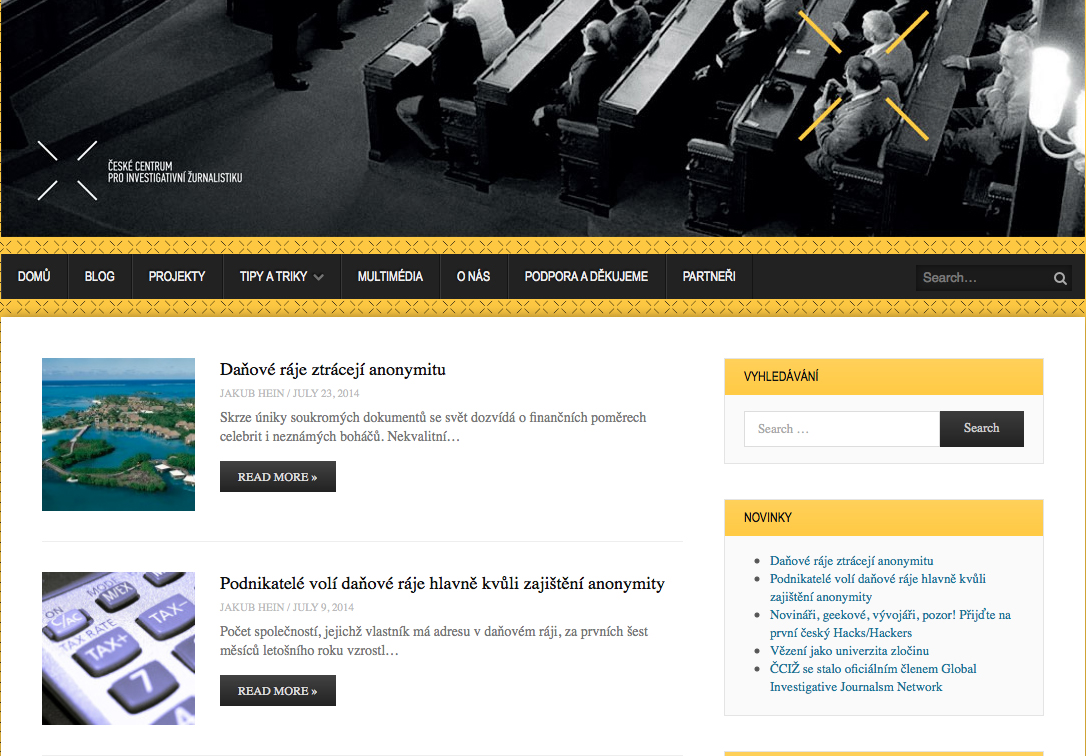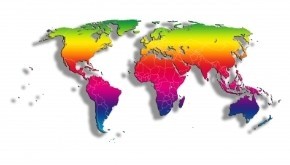Kenan Duman and Güven Özdoyran examined the contradictions and positive/negative aspects of the digital labour and content production process, the contradictions of concrete/abstract (non-material commodities), and the nature of such intangible labour and commodities. To this end, they carried out in-depth interviews with the users of participant dictionaries in Turkey. They sought answers to their primary research question which is „How is the labour process relationship of users in social networks and participatory dictionaries?“
Digital Labour and Commodification of Content
Authors focus on digital media and digital labour from a Marxist perspective. It means that they explain that media like Facebook or Twitter are not only communication means but at the same time means of production that produces value/profit. They highlight that classical political economy is not sufficient in the context of digital media. They further explain that digital media do not need a definite time and space to produce added value or commodity. Consequently, labour becomes digital and commodities become less tangible, more abstract. As a result, content and data are the profit-generating commodities.
Duman and Özdoyran elucidate that users produce content and it makes other users desire to be included in that medium. Thus, the increasing amount of content causes an increase in the number of users. The increasing number of users causes an increase in the amount of data, thus increasing advertising revenues. „In exchange for the commodification of data, Facebook and Twitter provide communication tools to their users. These tools can be considered as in-kind assistance provided by users in exchange for accessing their personal data and donating the opportunity to commodify these data to companies“ (Fuchs, 2015: 136).
Ultimately, the capital which owns Facebook and Twitter as a means of production that produces commodities, does not divide the profit obtained with this commodity to its producer, that is to the user. In different words, it does not pay any fee to the user for the production of this commodity.
New Media, Participation and User Content
Authors explain that the new media environment where communication is carried out digitally with high capacity communication tools, has started a new era. It this era the consumers become the producers of media at the same time. As a means of production and communication, internet technologies have created a new profile where the audience is both consumer and producer.
In this respect, the new media supported by the internet can be defined as readable / listenable / viewable / writable / vocally and visually recordable. As essential components of digital media, participatory dictionaries have a structure that allows you to easily open a title on a particular subject or event and enter. Today, participatory dictionaries have become social networks where information is gathered. Their members, especially the young ones, follow each other and give information and evaluations about current events.
Duman and Özdoyran study the commodification of digital labour with a focus on participatory dictionary users‘ experiences. To this end, they utilise literature review and in-depth interviews with users of participatory dictionaries in Turkey. They reached the interviewees through the snowball method and conducted in-depth interviews with eighteen users. In the study, social networks and participatory dictionaries are described in the context of the labour process relationship of users.
The Participatory Dictionaries as a Digital Labour
Poe (2015: 335) explains why people contribute to participatory-dictionary-like media as ‚to be part of something bigger than yourself‘, ‚to be a member of a helpful community‘ or ‚simply to get rid of boredom‘. Duman and Özdoyran summarise the reasons why people become members/users of participatory dictionaries to five points. These are (1) to follow the agenda, (2) to freely share their ideas and socialise, (3) to use them as a reference, (4) to spend time, and (5) to feel like a writer.
In parallel to these points, the researchers found out that users are motivated to produce content for the participatory dictionaries because they can reach the audience automatically and anonymously. Besides these, they are motivated by the space where they can intellectually collaborate and contribute to the knowledge.
Another dimension of the experiences of users/members that Duman and Özdoyran investigated is the process of labour and unpaid work. They found out that two-thirds of the participant dictionary writers emphasised that they did not consider the actions they performed in the dictionary as work. One third of them emphasised that they would be regarded as labour, not as workers. Parallelly, the authors articulate that the users regard producing, sharing and consuming content with a community of like-minded individuals as a beneficiary action.
Conclusion
Two-thirds of the participant dictionary users/members emphasised that they do not see their production as work. One-third of them described it as labour, not as work. The authors conclude that the users/members contribute to the participatory dictionaries to create identity and belonging. At the same time they become commodity producers that produce surplus value for companies. Therefore, participatory dictionary users are a part of commodity production. The content and user data produced by them turn into metadata.
The majority of the users/members highlighted the concept of volunteering. Users do not define the time they spent to create content as working time. They rather see it as „fun“. According to Duman and Özdoyran, although social networks are means of production, they are not means of survival. The users/members desire to use these means because they enjoy using them. This desire is the reason why they do not charge any fee. On the other hand, a worker who produces in a factory has to be there to survive; s/he does not desire it.
Acknowledgement
This article summarises the research carried out by Asst. Prof. Dr. Kenan Duman and Asst. Prof. Dr. Güven Özdoyran from the Faculty of Communication at İstanbul Arel University. The original research article entitled „Commodification of Digital Labor and User Content: A Review on Participant Dictionary Writers“ was published in the Journal of Erciyes Communication in July 2018 and can be found here.














